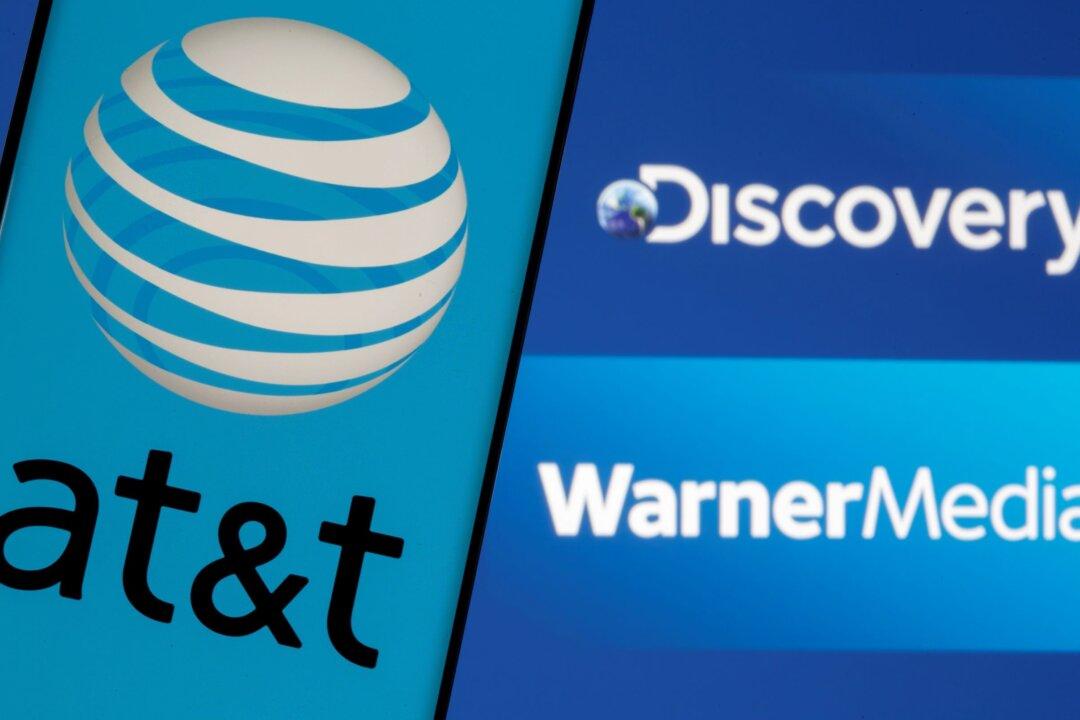The U.S. Department of Justice on Wednesday approved AT&T’s $43 billion plan to merge its WarnerMedia unit with Discovery, the companies announced on Wednesday in a Securities and Exchange Commission filing.
According to the filing (pdf), which was first obtained by TheWrap, Discovery and AT&T have “satisfied the closing condition” in the merger plan, which was initially announced on May 17, 2021.




